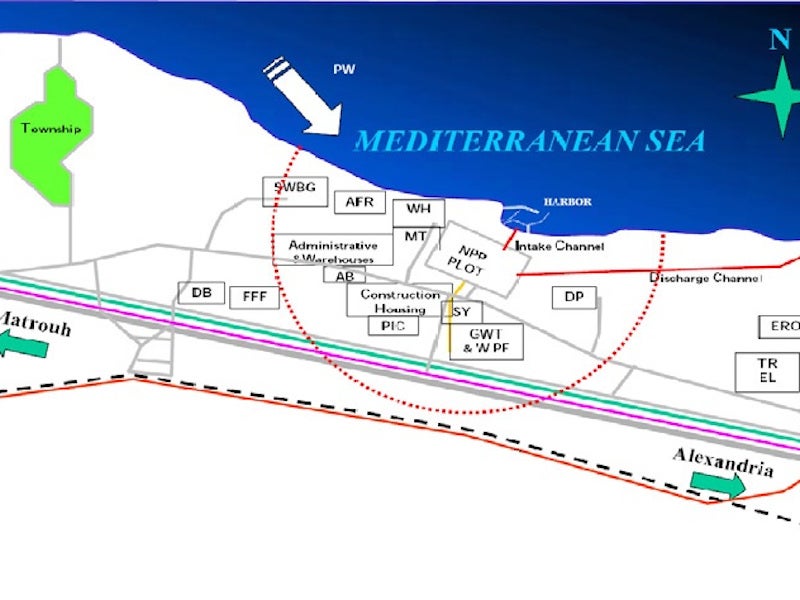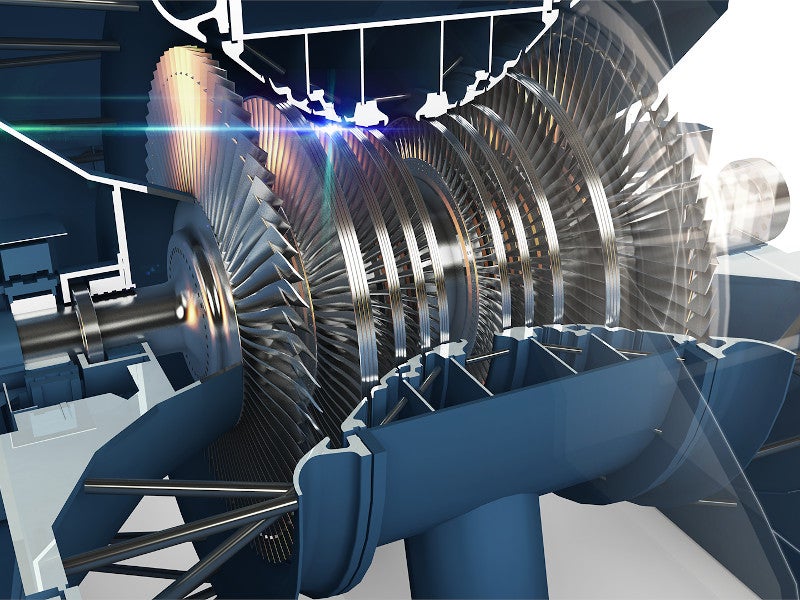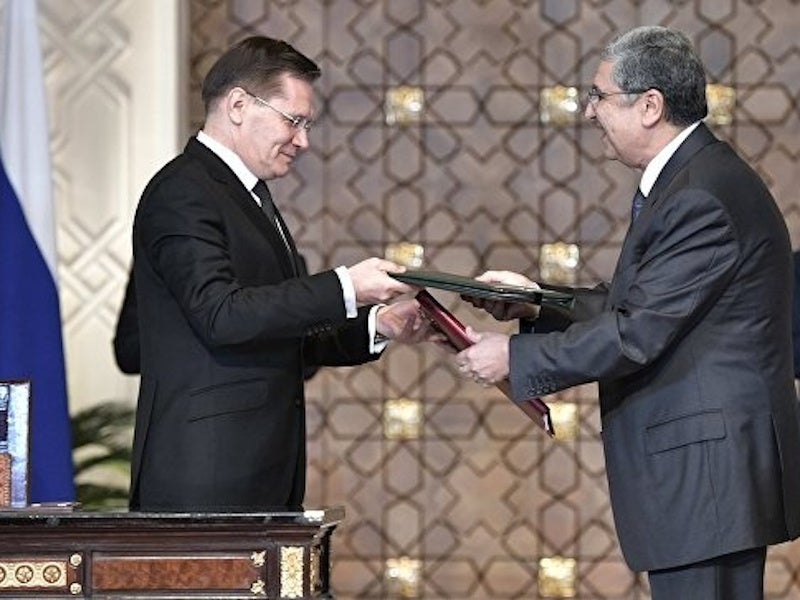El Dabaa will be the first nuclear power plant (NPP) in Egypt. The 4.8GW project comprising four 1.2GW Russian pressurised water reactor (PWR) units will be owned by the Nuclear Power Plants Authority (NPPA) of Egypt, while Russia’s State Atomic Energy Corporation Rosatom will develop and deliver the facility.
The project is being developed under a civil nuclear cooperation agreement signed between Russia and Egypt in 2015, as part of which the Russian state agreed to provide a £20bn ($25bn) loan covering 85% of the total construction cost of the El Dabaa nuclear power project. Egypt is required to repay the loan amount at an annual interest rate of 3% from 2029 onwards.
The total project cost is estimated to be £24bn ($30bn), and the remaining £4bn ($5bn) will be funded by Egypt through private investors.
Site preparatory works are currently underway despite the COVID-19 epidemic, while the main construction works are expected to be started after obtaining the construction license for the first generating unit from the Egyptian Nuclear and Radiological Regulatory Authority (ENRRA) in 2021.
The first 1.2GW unit at the site is expected to commence operations in 2026 with the three remaining reactors scheduled for commissioning by 2029. At full capacity, the Dabaa NPP is expected to power approximately four million Egyptian homes accounting for nearly half of Egypt’s total electricity generation.
Project background
Although El Dabaa was selected as a nuclear power generation site in 1983 and a decision to construct the facility was announced in October 2007, the project development was halted due to the Egyptian revolution in 2011. The project got momentum only after the intergovernmental agreement was signed between Russia and Egypt in 2015.
Site preparation activities were initiated after Rosatom and Egypt’s Ministry of Electricity and Renewable Energy signed notices to proceed with the contracts to develop the facility in December 2017.
NPPA was granted the site permit for the construction of the El Dabaa NPP in April 2019, while the construction license for the first reactor unit at the site is expected in 2021.
Location and plant make-up
The El Dabaa nuclear power plant is being developed on the Mediterranean Coast in the Matrouh region of Egypt, approximately 6km away from the town of El Dabaa and approximately 130km northwest of Cairo.
The nuclear power station will consist of four VVER-1200 third-generation pressurised water reactor (PWR) units from Rosatom each with a rated electricity capacity of 1.2GW.
Each of the four generating units of the plant will also be equipped with Arabelle half-speed steam turbines and Gigatop 4-pole hydrogen and water-cooled generators to be supplied by GE.
Contractors involved
Atomstroyexport JSC (ASE), a subsidiary of Rosatom, was awarded the engineering, procurement, and construction (EPC) contract for the El Dabaa nuclear power project in December 2016.
ASE is the general contractor for the project while Atomproekt JSC, another subsidiary of Rosatom, is the general designer.
Rosatom’s TVEL Fuel Company will be responsible for the supply of nuclear fuel for all four reactors of the El Dabaa nuclear power plant.
Turbine Technology AAEM, a joint venture of Rosatom’s mechanical engineering division Atomenergomash JSC (51%) and GE (49%) to design and supply the turbine hall equipment including four sets of steam turbines, condensers, generators and other auxiliary equipment for the Dabaa NPP in October 2018.
GE Power will provide the basic design of four conventional islands at the site, as well as supply four steam turbine generator sets for the facility.
Egyptian Electricity Holding Company (EEHC) selected Elsewedy Electric (SWDY) as the contractor for the construction of a 255km-long 500kV power line to connect the El Dabaa NPP to Egypt’s power grid in March 2018.
Three Egyptian companies, including Petrojet, Hassan Allam Construction (HAC), and Arab Contractors were awarded the tenders by Rosatom for the preparatory earthworks as well as the civil construction works for the El Dabaa nuclear power project in February 2020.





